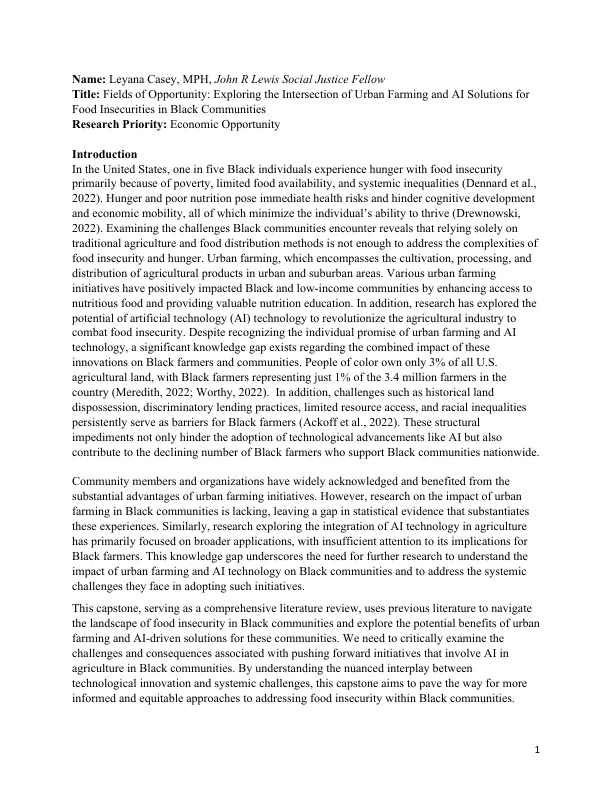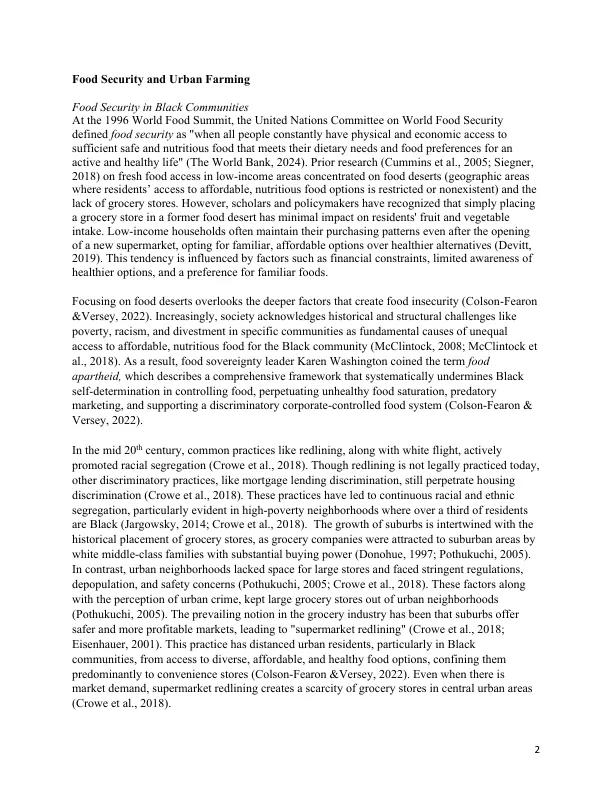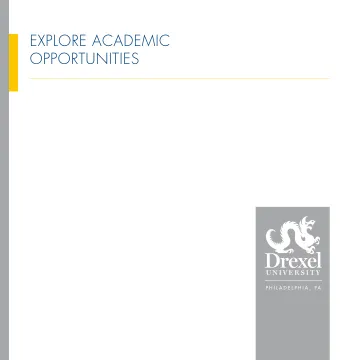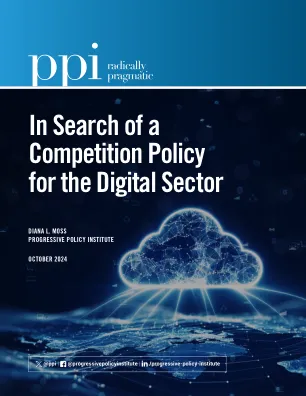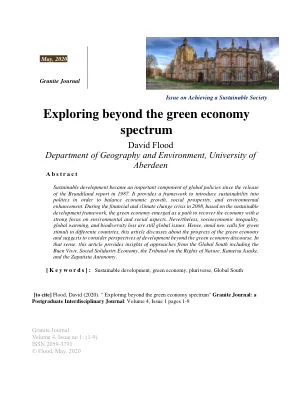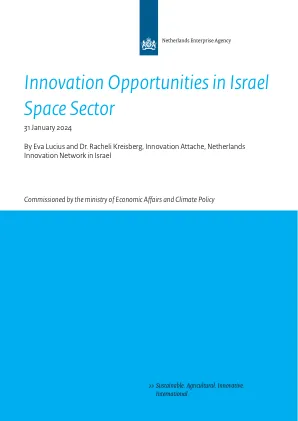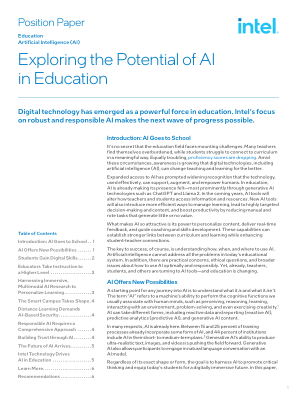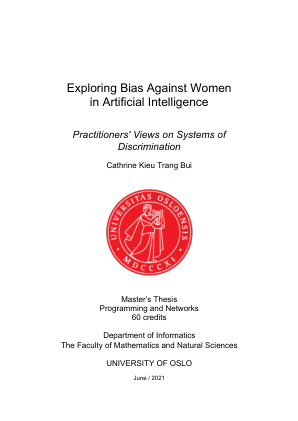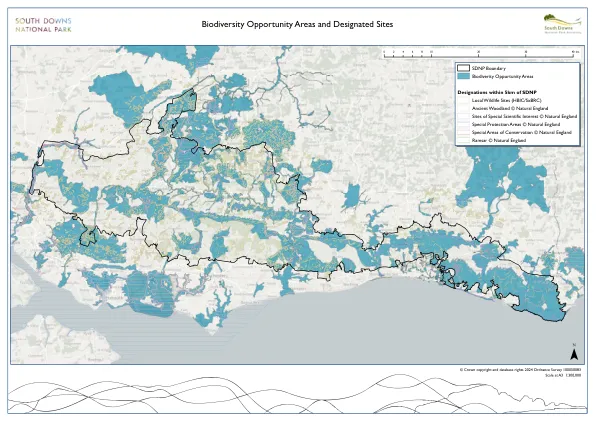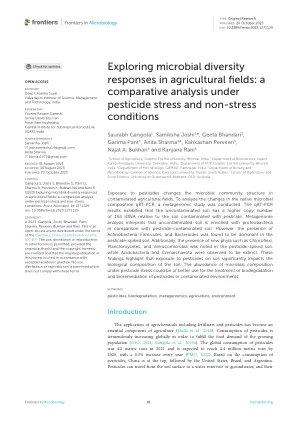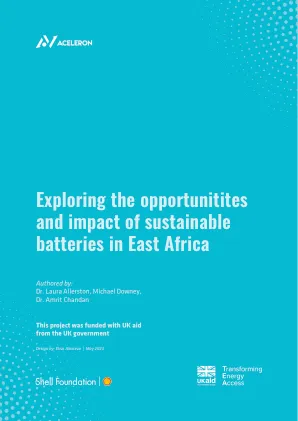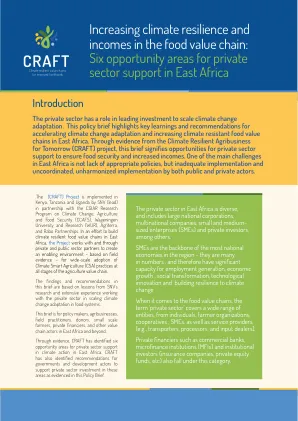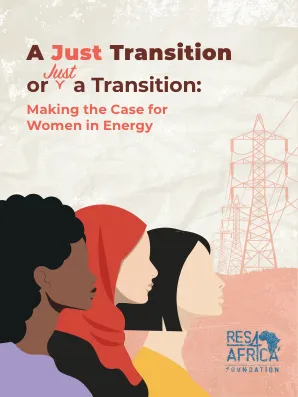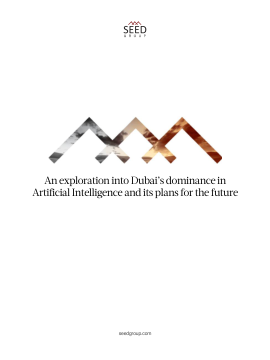Name: Leyana Casey, MPH, John R Lewis Social Justice Fellow Title: Fields of Opportunity: Exploring the Intersection of Urban Farming and AI Solutions for Food Insecurities in Black Communities Research Priority: Economic Opportunity Introduction In the United States, one in five Black individuals experience hunger with food insecurity primarily because of poverty, limited food availability, and systemic inequalities (Dennard et al., 2022).饥饿和营养不良构成了直接的健康风险,并阻碍了认知发展和经济流动性,所有这些都可以最大程度地减少个人的繁荣能力(Drewnowski,2022年)。研究黑人社区遇到的挑战表明,仅依靠传统农业和食品分配方法不足以解决粮食不安全和饥饿的复杂性。Urban farming, which encompasses the cultivation, processing, and distribution of agricultural products in urban and suburban areas.各种城市农业计划通过增强获得营养食品并提供宝贵的营养教育,从而对黑人和低收入社区产生了积极影响。此外,研究还探索了人工技术(AI)技术的潜力,彻底改变了农业行业以打击粮食不安全。尽管认识到了城市农业和人工智能技术的个人承诺,但对于这些创新对黑人农民和社区的综合影响仍然存在很大的知识差距。有色人种仅拥有美国所有农业土地的3%,黑人农民仅占该国340万农民的1%(Meredith,2022; Worthy,2022)。此外,诸如历史土地剥夺,歧视性贷款实践,有限的资源获取和种族不平等等挑战持续成为黑人农民的障碍(Ackoff等,2022)。这些结构性障碍不仅阻碍了AI等技术进步的采用,而且还促进了支持全国黑人社区的黑人农民的减少。Community members and organizations have widely acknowledged and benefited from the substantial advantages of urban farming initiatives.但是,缺乏对城市农业在黑人社区的影响的研究,在统计证据证明这些经历的统计证据中留下了差距。同样,探索AI技术在农业中的整合的研究主要集中在更广泛的应用上,并且对其对黑人农民的影响不足。这种知识差距强调了进一步研究的需求,以了解城市农业和AI技术对黑人社区的影响,并应对他们在采用此类倡议时面临的系统性挑战。
机会领域:探索Urban FA
主要关键词
